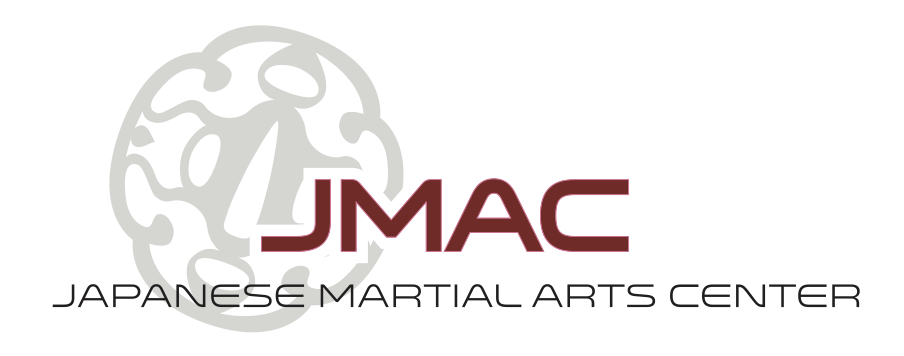Looking for an iaito?
Want to learn the individual parts of the sword?
Here are features you’ll want to examine and definitions you should know:
Sword composition – Along the blade, a bohi (groove) is ideal to create the whooshing sound when the blade is aligned correctly. Some blades have a double bohi, but a single, deep bohi is better. The hamon (temper line), is only decorative on alloy iaito – it doesn’t contribute to performance, so the style is a matter of your personal preference.
Hand Guard – A smooth, round, heavy tsuba (hand guard) is recommended. A heavy tsuba helps bring the weight of the sword closer to your hands. With a lighter tsuba, the kissaki (sword tip) will be heavier, causing the sword to be harder to control. Try to get a tsuba free of corners or textures because they’re hard on the hands.
Scabbard – Make sure your saya (scabbard) has a wooden opening rather than a metal one. A metal saya will scratch your sword and shorten its life.
Learn more about iaito swords.
Study Iaido in Ann Arbor
Anyone can practice iaido! It may seem intimidating, but at JMAC, we adapt to the pace of our students. You’ll learn how to handle a sword at your own pace in a safe, supportive environment.
Contact us today to begin practicing iaido in Ann Arbor!


